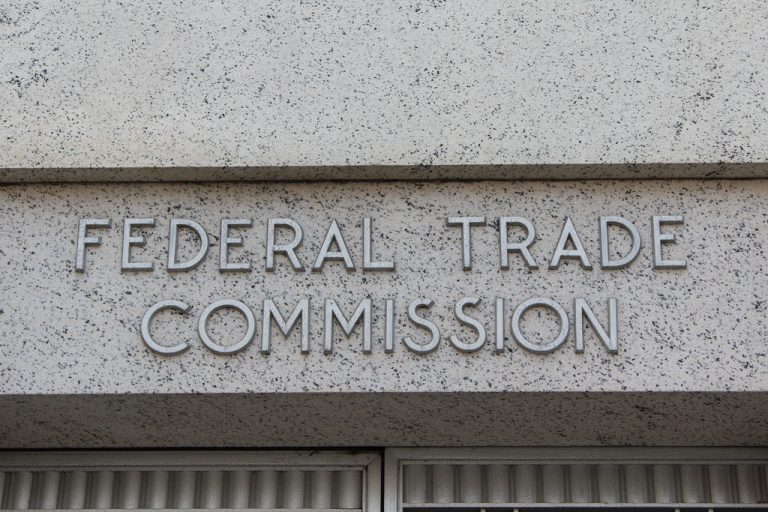 CLOUD
CLOUD
 CLOUD
CLOUD
 CLOUD
CLOUD
The U.S. Federal Trade Commission has opened an antitrust probe into IBM Corp.’s proposed acquisition of HashiCorp Inc. for $6.4 billion.
HashiCorp disclosed the development in a regulatory filing released today. According to the document, both HashiCorp and IBM received a so-called second request from the FTC on Friday. A second request is a regulatory tool that the agency uses to collect the information necessary for an antitrust review.
The development is not entirely unexpected, since large acquisitions frequently prompt the FTC to launch an antitrust review. Broadcom Inc.’s purchase of VMware Inc., which was eventually approved, is among the major tech industry deals that drew a second request.
“HashiCorp and IBM expect to promptly respond to the Second Request and to continue working cooperatively with the FTC as it conducts its review of the Merger,” HashiCorp stated in its regulatory filing today.
San Francisco-based HashiCorp provides a suite of open-source tools for managing cloud environments. Its flagship application, Terraform, automates manual administrative tasks such as provisioning cloud instances and configuring applications. Developers can use Terraform to create scripts that carry out such actions without manual input.
HashiCorp also offers Packer, for managing a cloud environment’s software components, as well as a tool called Consul that can optimize how workloads use infrastructure resources. The applications are complemented by a trio of cybersecurity tools. Those tools, which HashiCorp likewise offers under an open-source license, ease tasks such as managing encryption keys and creating secure network connections between containers.
HashiCorp makes money by selling paid cloud versions of its open-source software. The company generated $160.6 million in revenue last quarter, 16% more than a year earlier, and delivered adjusted earnings of six cents per share. IBM expects HashiCorp to become accretive to its adjusted EBITDA, or earnings before interest, taxes, depreciation and amortization, within one year of the acquisition’s completion.
The $6.4 billion that IBM is offered amounts to $35 per HashiCorp share. That’s a 42.6% premium to its last unaffected closing price. However, the deal still values HashiCorp at less than half the $14 billion it was worth after its initial public offering in 2021.
IBM first announced its plan to buy the company in April, a little under three years after closing the acquisition of another major open-source software provider. In July 2019, the company completed its landmark purchase of Red Hat for $34 billion. That deal bought IBM one of the industry’s most popular Linux distributions along with a raft of other infrastructure and application management products.
There is some overlap between the product portfolios of Red Hat and HashiCorp. Red Hat offers an infrastructure management platform called Ansible that focuses on many of the same use cases as HashiCorp’s Terraform tool. However, they use different programming languages to automate infrastructure maintenance tasks and also differ in a number of other areas.
The Red Hat acquisition was also the focus of a regulatory review. In March 2019, word emerged that the U.S. Justice Department had sent IBM a second request to collect more information about the transaction. The department approved the deal a few months later.
When it first announced plans to buy HashiCorp earlier this year, IBM projected that the transaction would close by the end of 2024. The regulatory filing in which HashiCorp disclosed the FTC probe today reaffirmed that schedule.
THANK YOU